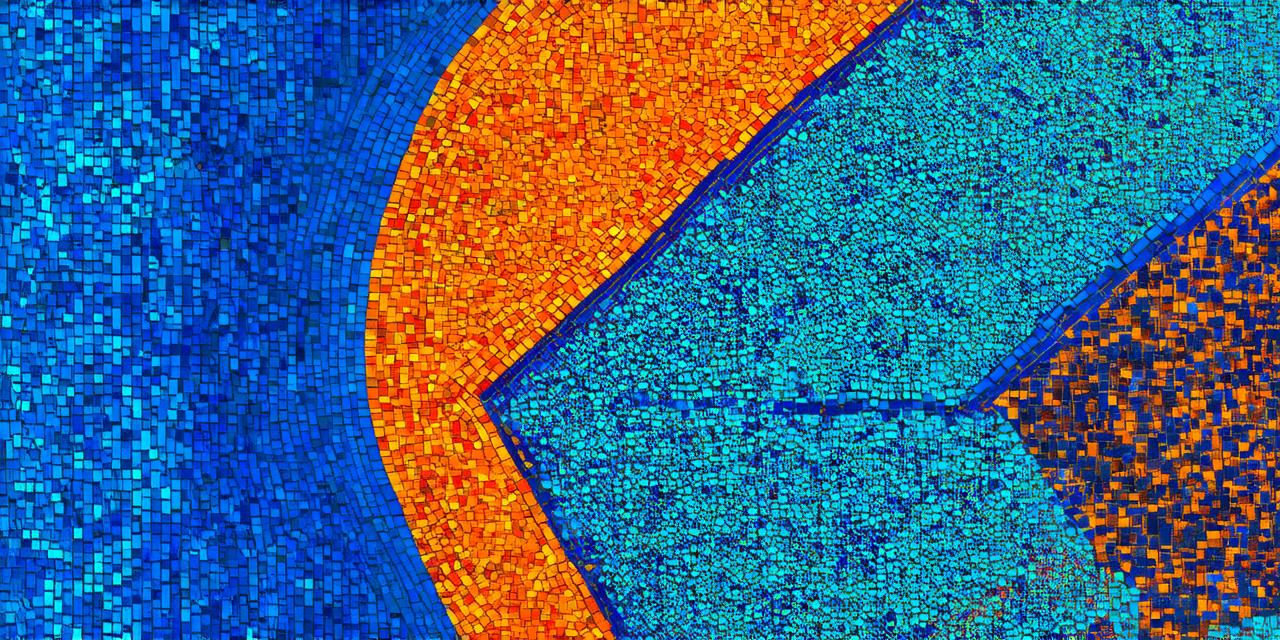Defining Unity
At its core, unity refers to the state or quality of being one whole or undivided thing. In a philosophical context, unity can refer to the idea that everything in the universe is interconnected and part of a larger whole, while in a more practical sense, it may refer to the need for people to come together in order to achieve a common goal.

Historical Contexts
Throughout history, the concept of unity has been explored in a variety of ways across different cultures and disciplines. In ancient Greece, for example, philosophers such as Plato and Aristotle discussed the idea of unity through their theories on metaphysics and ontology. Meanwhile, in religion, the idea of unity has been central to many belief systems, including Christianity and Islam, where people are encouraged to come together in worship and community.
Contemporary Applications
Today, the concept of unity continues to be relevant in a variety of contexts. In politics, for example, leaders often emphasize the need for unity in order to achieve common goals and overcome division and conflict. Similarly, in science, researchers seek to uncover underlying patterns and relationships that may help to explain the complexity of the natural world.
Conclusion
In conclusion, the concept of unity is a complex and multifaceted one that has been explored throughout history in a variety of ways. Whether in philosophy, religion, politics, or science, the idea of unity continues to be relevant today and will undoubtedly be a topic of discussion for generations to come.
